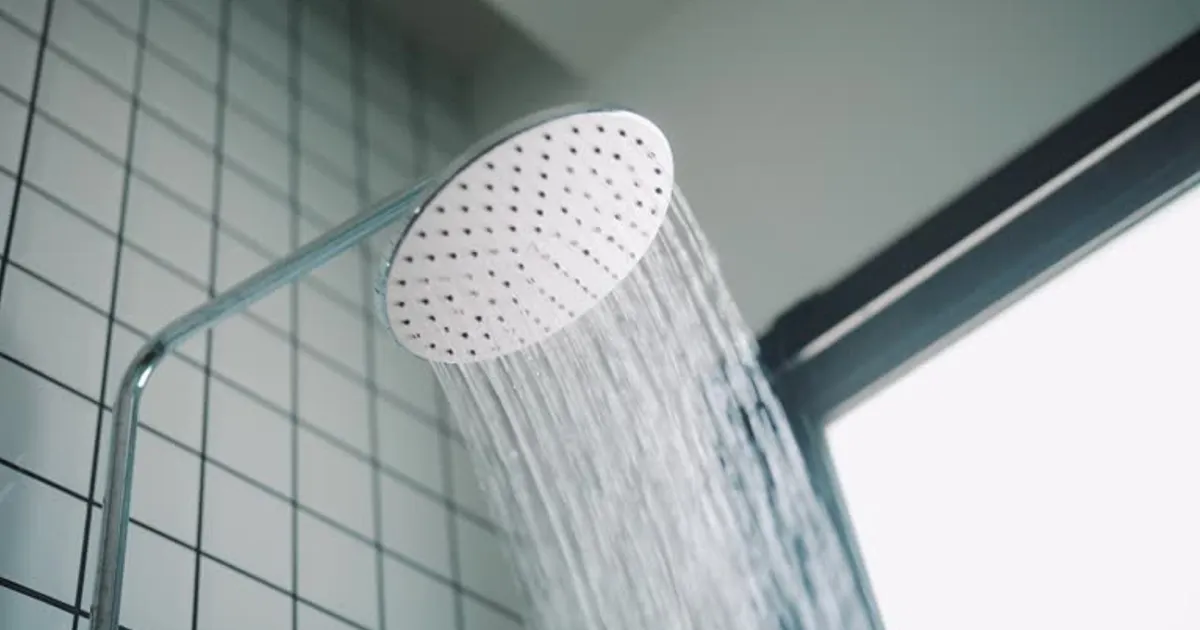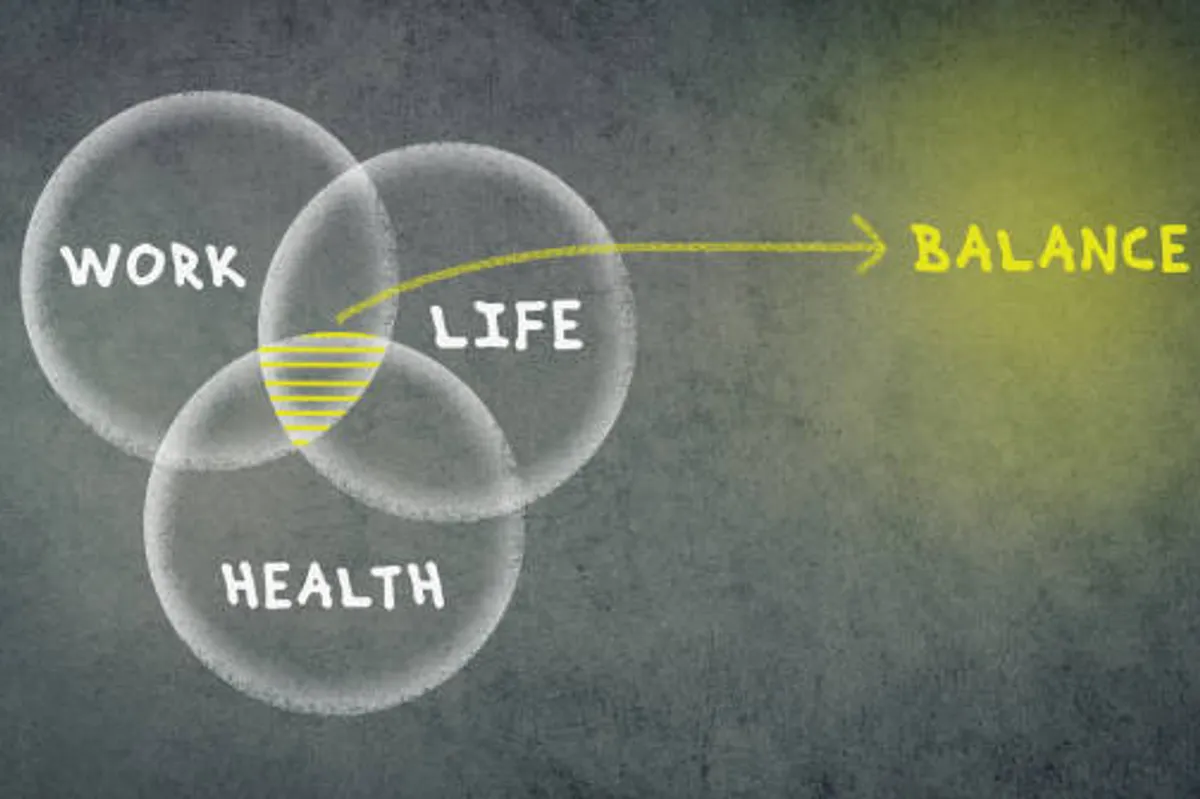The Truth About Cold Showers and Sauna Therapy: Can They Really Help You Live Longer?

GeokHub

Wellness culture loves a good trend, and few have exploded like cold plunges and saunas. From TikTok challenges to elite biohacker routines, the promise is simple yet powerful: shock your body into better health. But are these icy dips and fiery sweats actually helping you live longer—or just another wellness fad dressed in science?
The Rise of Cold Therapy
Cold exposure isn’t new. Ancient warriors and monks practiced it for discipline and recovery long before it became a social media sensation. The modern revival began with figures like Wim Hof, who popularized cold showers and ice baths as tools for mental clarity and immunity.
When cold water hits the skin, the body reacts instantly—tightening blood vessels, increasing heart rate, and triggering the release of adrenaline and norepinephrine. These responses can improve circulation, reduce inflammation, and boost alertness.
Some small studies even show that regular cold exposure may strengthen the immune system and help manage stress. Athletes have long used it to aid muscle recovery.
But cold therapy has its limits. It’s not a cure for depression or a substitute for medical care. For people with heart conditions or high blood pressure, sudden temperature shocks can do more harm than good. Like all things, it’s about moderation—not extremes.
Sauna Sessions and the Science of Heat
If cold showers build resilience, saunas offer restoration. The heat from a sauna raises your core temperature, causing blood vessels to expand and your heart rate to increase—much like light exercise.
In Finland, where sauna culture runs deep, researchers have uncovered some compelling findings. Frequent sauna users—those who sit in the heat four to seven times a week—show a reduced risk of heart disease, dementia, and even premature death. The heat appears to mimic the effects of cardiovascular exercise, helping the heart and circulation work more efficiently.
Infrared saunas, which heat the body directly rather than the air, add another layer of popularity. Advocates claim they help with detoxification and pain relief, though research on those claims is still emerging.
The Longevity Link: Why Stress Can Be Good
Both cold and heat therapies share one principle: controlled stress. The scientific term for this is hormesis—a process where mild stress stimulates cellular repair and resilience.
In small, manageable doses, these stressors can “train” your body to adapt better to future challenges, similar to how lifting weights strengthens muscles. Over time, this can improve metabolic function, circulation, and mental clarity.
But when taken to extremes—daily ice baths or marathon sauna sessions—the benefits can backfire, leading to fatigue, dehydration, or heart strain.
Finding the Right Balance
Longevity doesn’t come from quick fixes. Cold plunges and saunas can complement a healthy lifestyle, but they’re not the foundation of one. The real formula for a longer, healthier life still includes consistent sleep, balanced nutrition, physical activity, and emotional well-being.
For most people, two or three sauna sessions a week or a few minutes of cold exposure after a workout are plenty. Think of them as finishing touches, not magic bullets.
The Bottom Line
Cold showers and sauna therapy aren’t just hype—they do have measurable effects on the body. They can improve circulation, reduce inflammation, and even sharpen your mood. But longevity isn’t built on single habits; it’s a reflection of how all your daily choices work together.
So yes, take that cold plunge. Sweat it out in the sauna. But remember: the real secret to living longer might just be balance.








